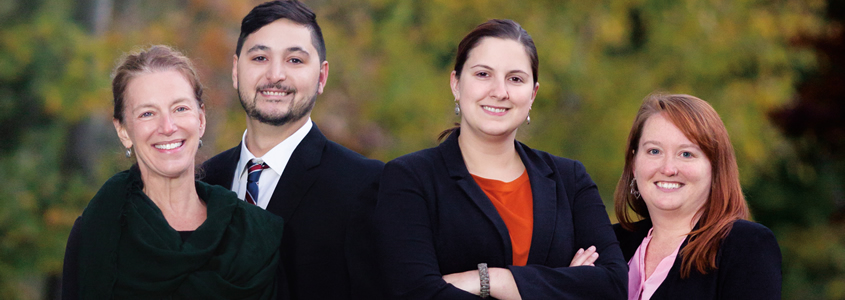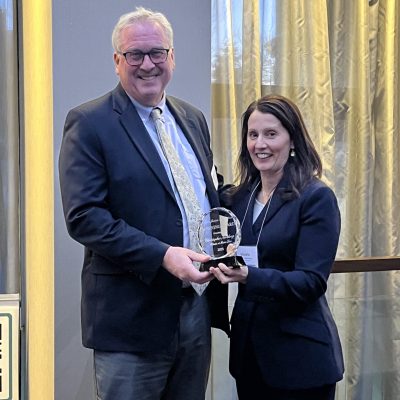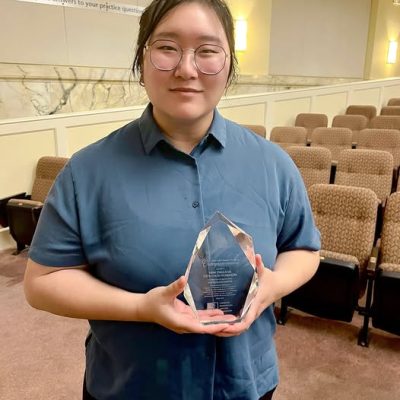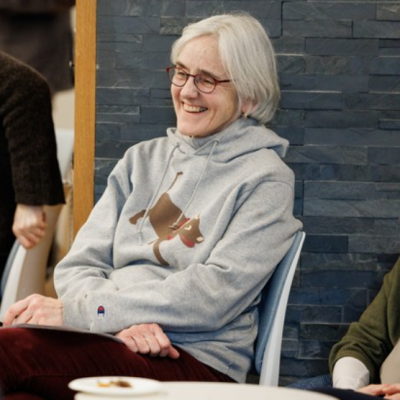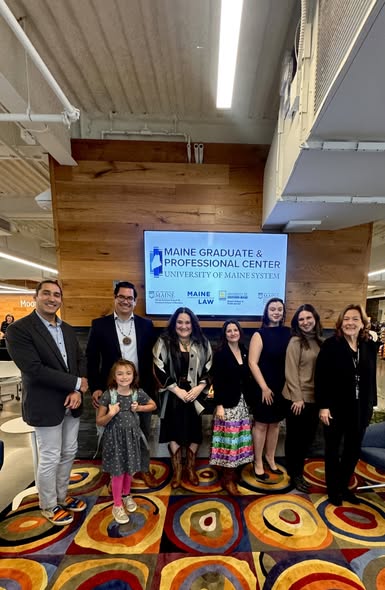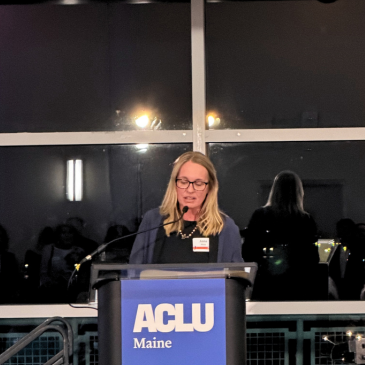The University of Maine School of Law was recently awarded a three-year grant from the Betterment Fund to continue the Rural Lawyer Project. This grant enables Maine Law to build upon a successful pilot program that was designed to solve a growing crisis in Maine’s rural communities: access to local legal services.
In 2017, Maine Law launched the Rural Lawyer Project in response to the access to justice crisis in Maine. The program pairs students with rural lawyers who serve as mentors, and provides students with direct exposure to rural practice to inspire them to consider pursuing careers in these communities. It is the result of a collaboration between the Law School, the Maine Justice Foundation, the Maine State Bar Association, and the Maine Board of Overseers of the Bar. The three year pilot funding for these fellowships was provided by the Maine Justice Foundation.
“Maine Law is committed to supporting rural communities throughout Maine and beyond,” said Interim Dean Dmitry Bam. “The Rural Lawyer Project has been a tremendous success since its inception, and this grant will allow us to continue to place Maine Law students in small firms and solo practices in rural Maine, furthering economic and workforce development throughout the state.”
For many students, limited exposure to rural communities makes it difficult to envision what life and practice in a small Maine town would be like and creates a significant barrier to recruitment. Rural Law Fellows are selected each year through a competitive application process. Fellows work under the guidance of practitioners to learn the breadth and potential of serving Maine’s rural communities through exposure to all facets of legal practice. The program’s popularity is clearly reflected in both the interest by potential mentors at rural law firms and in applications by Maine Law students. For the past three years, the number of student and mentor applications has greatly exceeded the number of spots.
The list of past fellowship placements is below:
- Ryan Rutledge ’19 – Mills, Shay, Lexier & Talbot (Skowhegan) and Bemis and Rossignol (Presque Isle)
- Cameron Goodwin ’19 – Smith and Associates Law Office (Presque Isle)
- Brittanie Bradley ’19 – Hayes Law Office (Dover-Foxcroft)
- Amanda Bridges ’20 – Bemis & Rossignol (Presque Isle)
- Kathryn King ’20 – Levesque Law (Damariscotta) and Fletcher, Mahar & Clark (Calais)
- Ben Everett ’21 – Swanson Law, P.A. (Presque Isle)
- Cheryl Saniuk-Heinig ’21 – Camden Law, LLP (Camden)
Ryan Rutledge ’19, who is originally from Savannah, Georgia, spent two of his summers as a Rural Law Fellow. His first fellowship placement was at Bemis & Rossignol LLC in Presque Isle during the summer of 2017. For his second summer in 2018, he wanted to gain rural experience in a different part of the state, so he went to Mills, Shay, Lexier & Talbot P.A. in Skowhegan, where he now practices as an associate attorney.
“There are certain things you can’t learn from sitting in a classroom,” said Ryan when speaking about his experience in the recent Maine Law Magazine. “You can spend hours reading about how the law has been applied in certain factual scenarios, but nothing prepares you for your first day working at a law firm aside from actually doing it.”
Through the Rural Lawyer Project and other outreach efforts, the Law School has emerged as a leader in efforts to develop the next generation of lawyers to serve Maine’s rural counties. In April 2019, over one hundred lawyers, judges, doctors and legal scholars from around the state convened to participate in the “Ensuring Access to Justice in Maine’s Rural Communities Symposium.” To learn more about the Law School’s rural initiatives, please read “Tackling the Rural Law Crisis” in the 2018 edition of the Maine Law Magazine.
The Betterment Fund was created for charitable purposes by the will of the late William Bingham II, a resident of Bethel, who died in 1955. Education, health, conservation, and community support are its primary grant categories.

